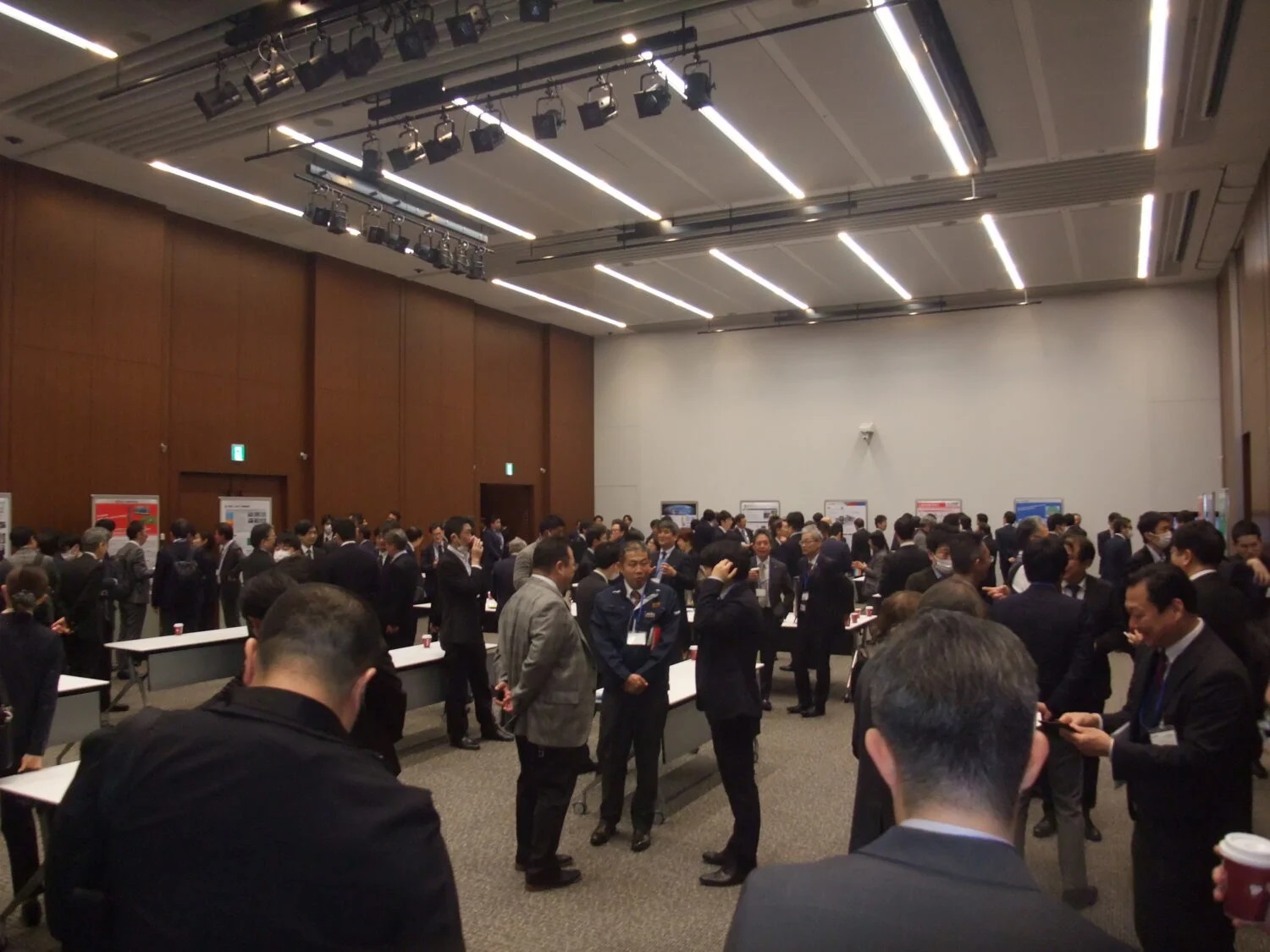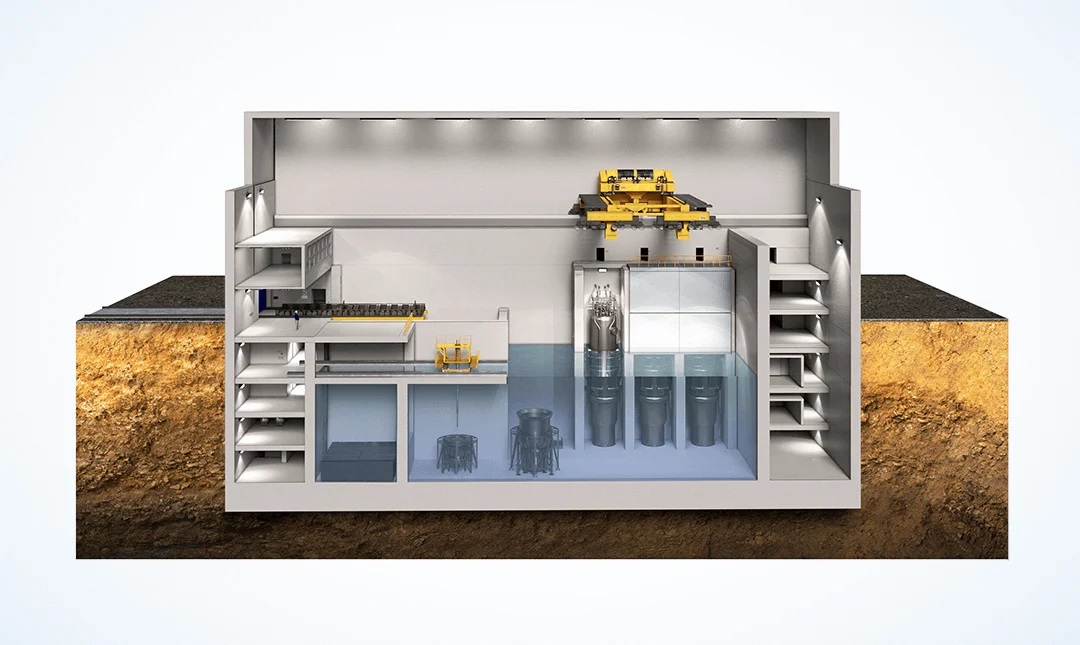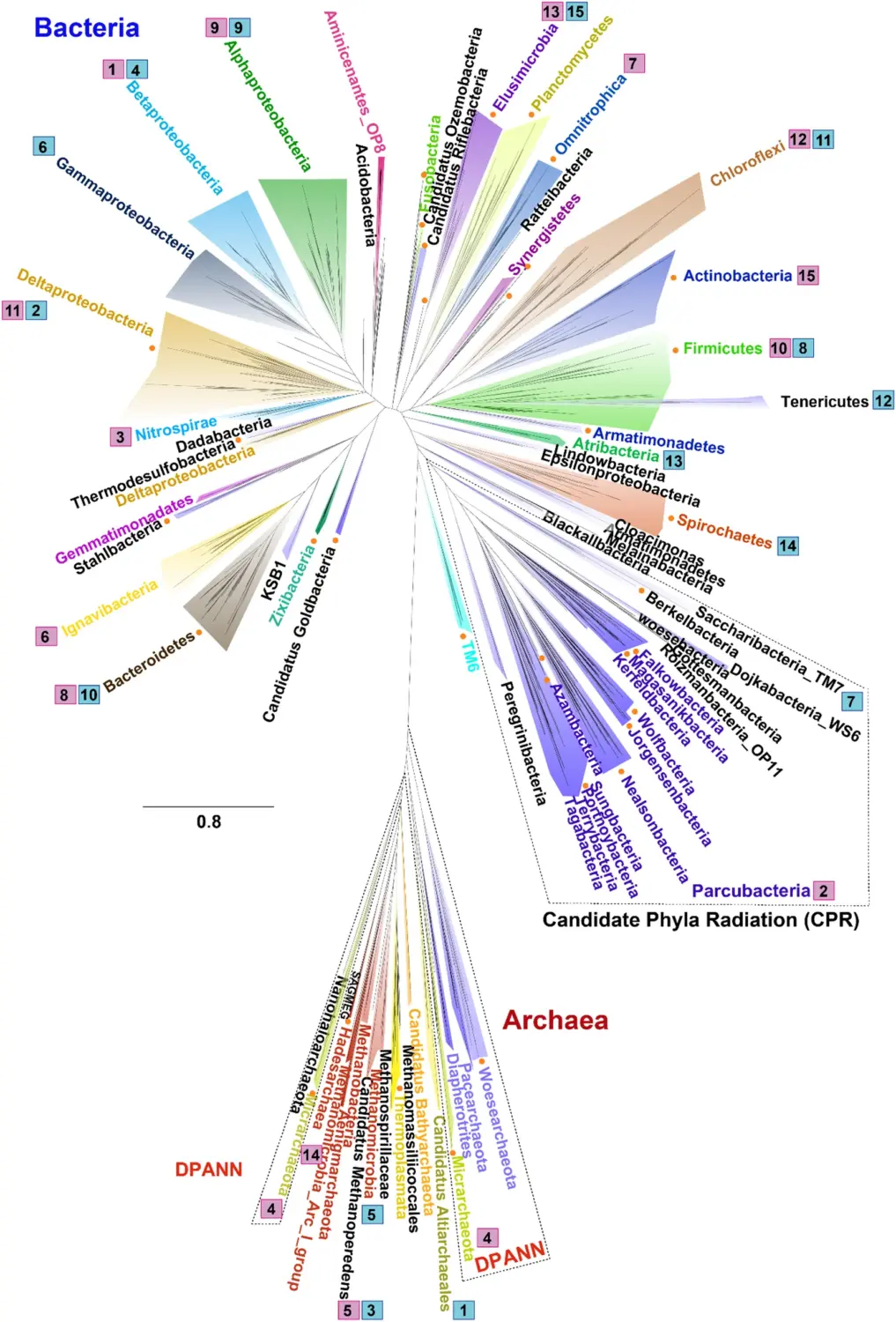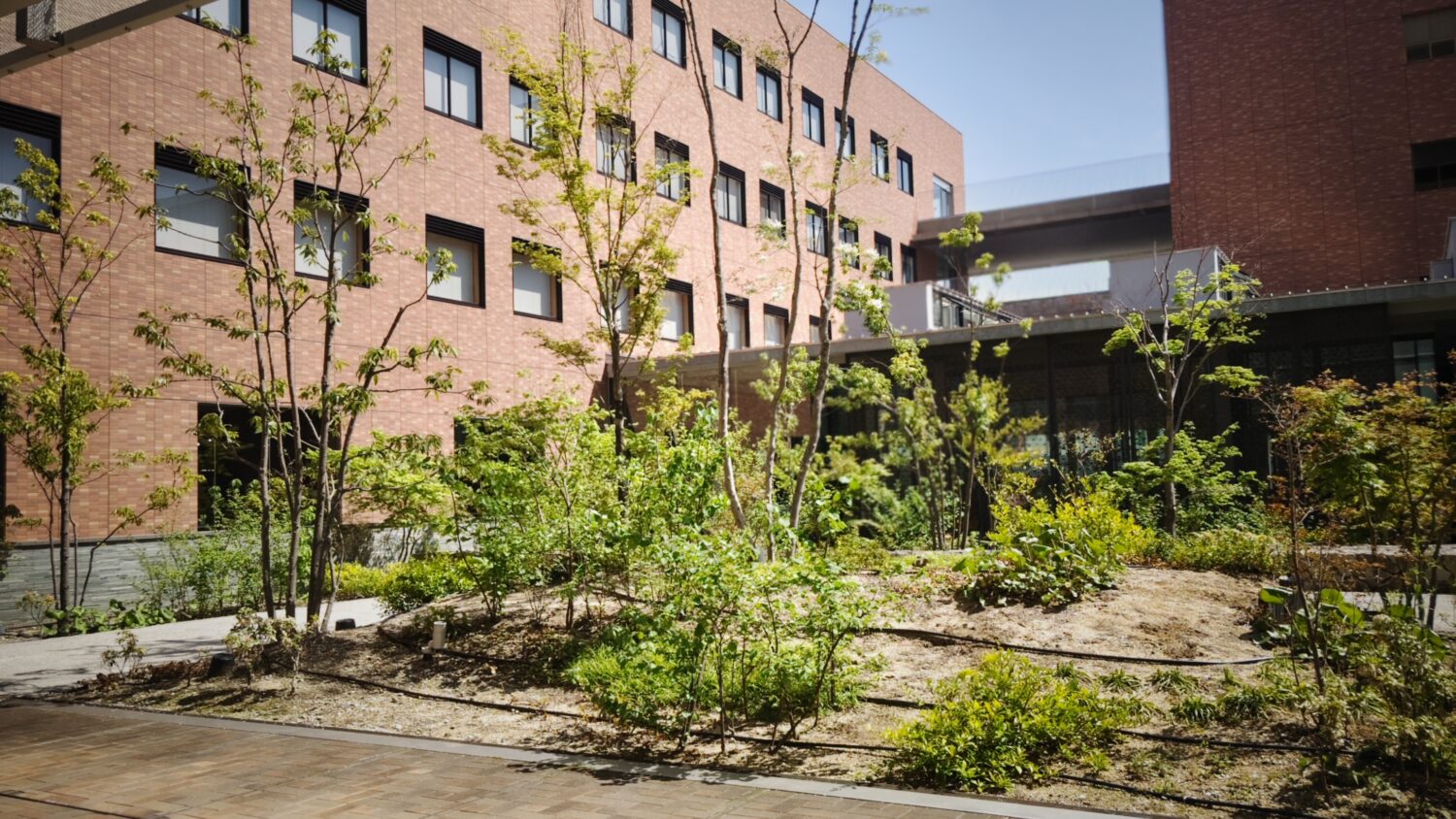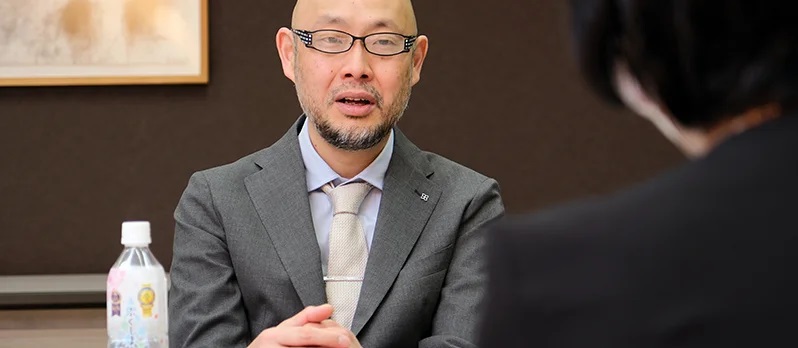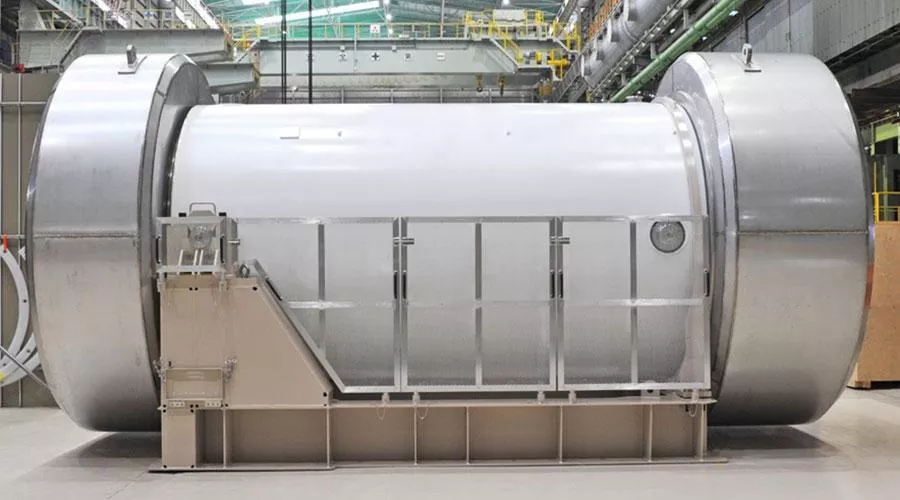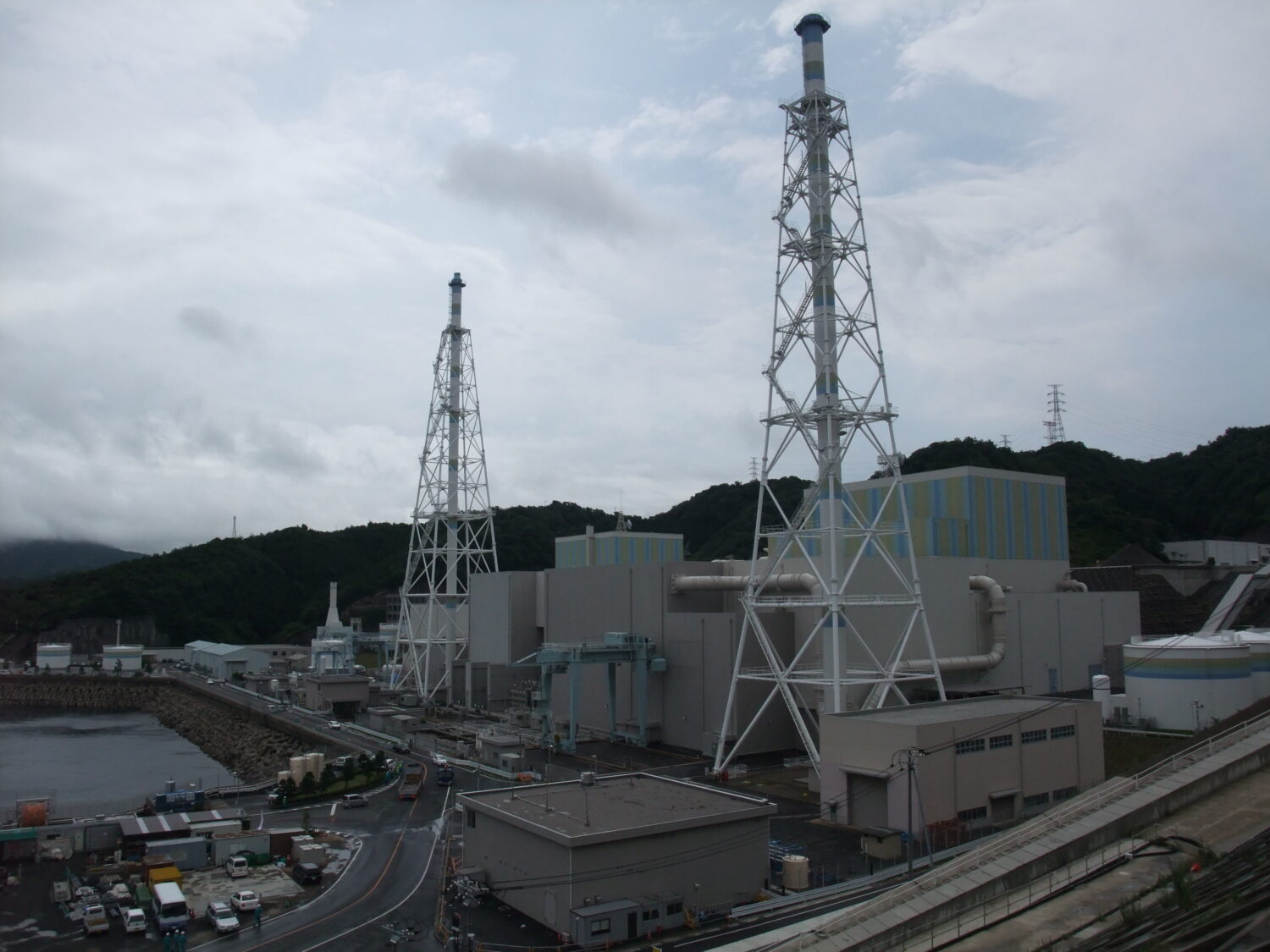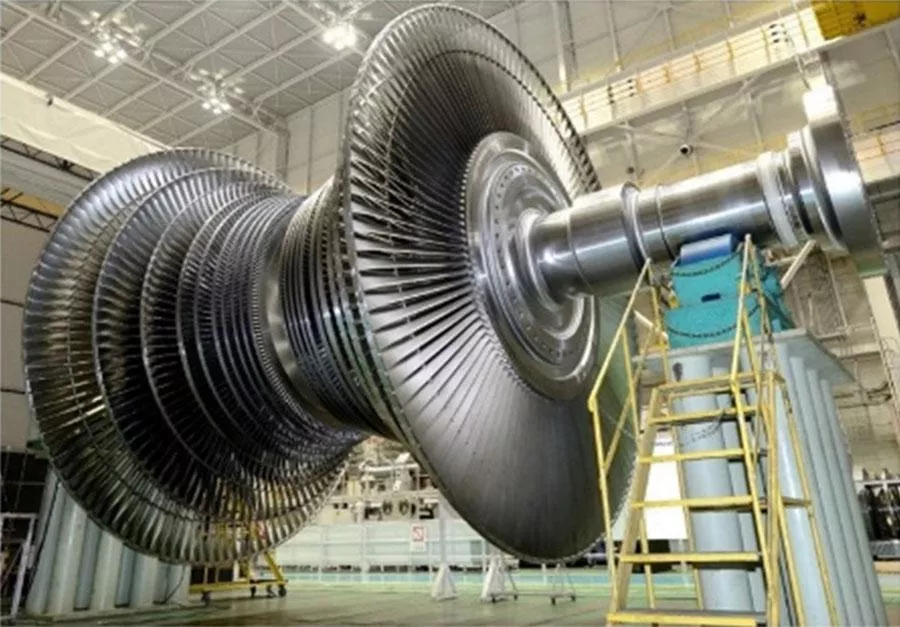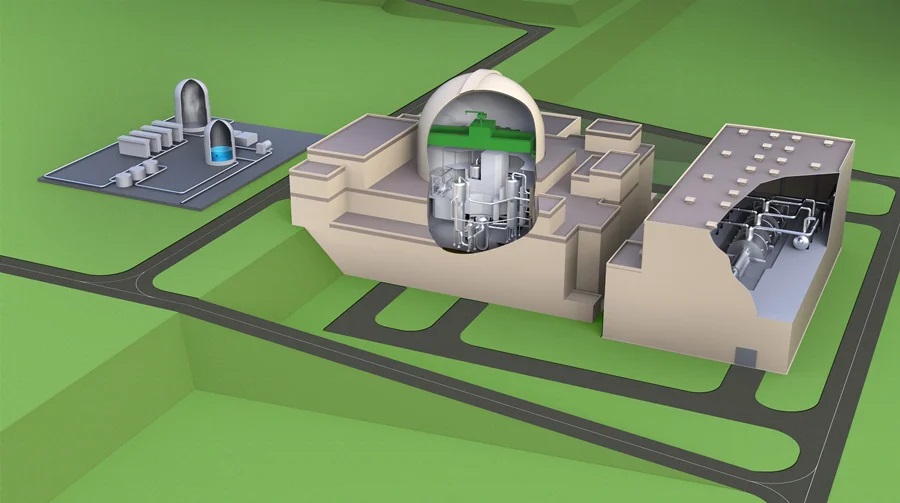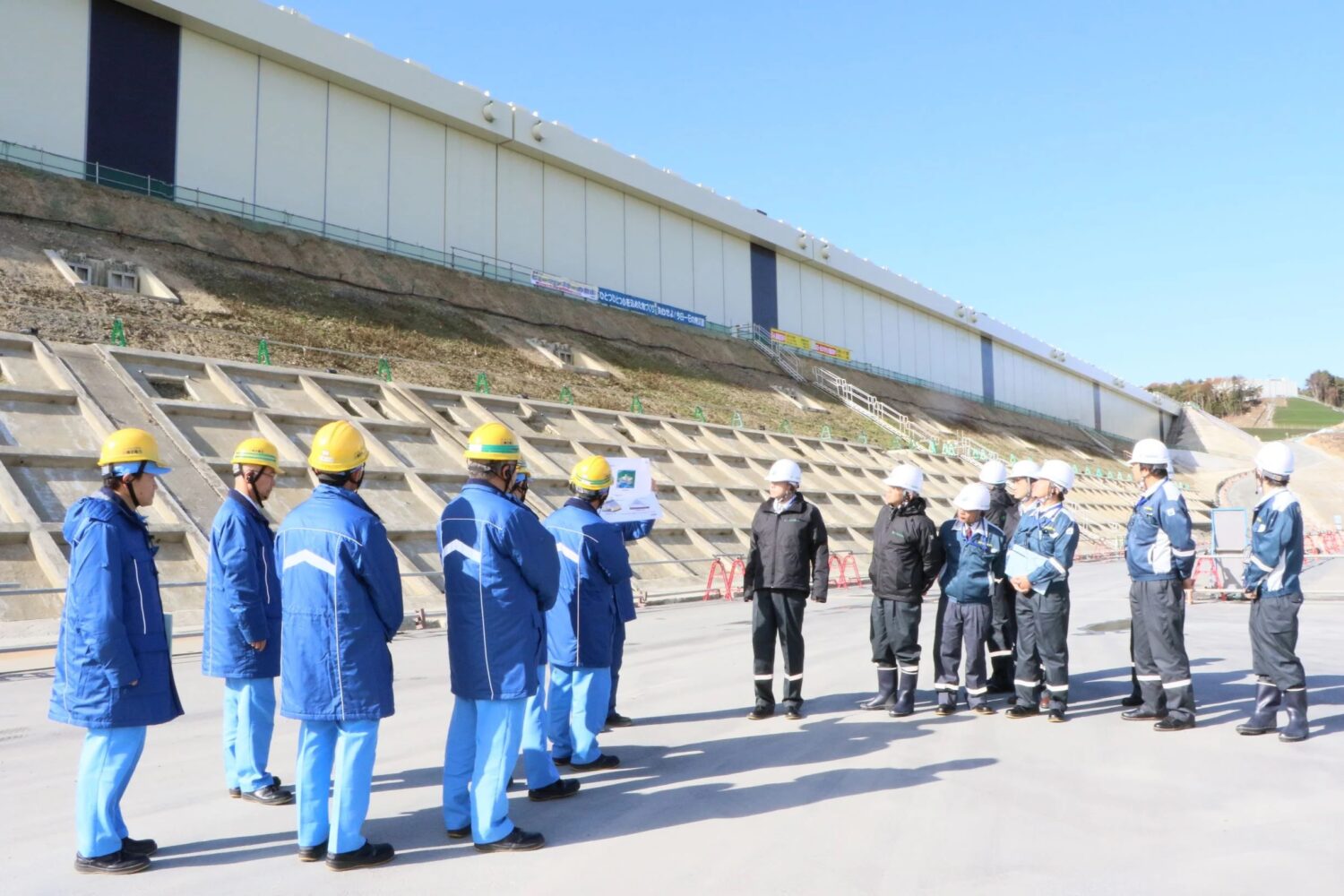In March 2017, JAEA had applied to the NRA for an examination of Joyo regarding compliance with the new regulatory standards. Over a period of some six years—including a pause of about a year and a half for corrections to the contents of the application regarding reactor core design and thermal output—the NRA approved a draft review report on May 24 of this year. After referring the report to the Japan Atomic Energy Commission (JAEC) and the Minister of Education, Culture, Sports, Science and Technology (MEXT), as well as after opening it to the public for comments, the NRA finally granted its permission.
With a mission to demonstrate base and foundation technology for fast breeder reactors, to conduct irradiation tests of fuel and materials, and to verify advanced technology for future reactors, Joyo achieved first criticality in 1977, and was initially operated for approximately 71,000 hours. In May 2007, however, after a problem was found with some of its test equipment, the reactor entered a periodic inspection, since which time its operation has been suspended.
Now that it has gained permission for changes to its reactor installation, Joyo, once it has been restarted, will be used by JAEA for R&D toward a demonstration fast reactor, as well as for a demonstration of the manufacturing of medical isotopes, which are seen as highly promising in such areas as cancer therapy.


-1.png)


